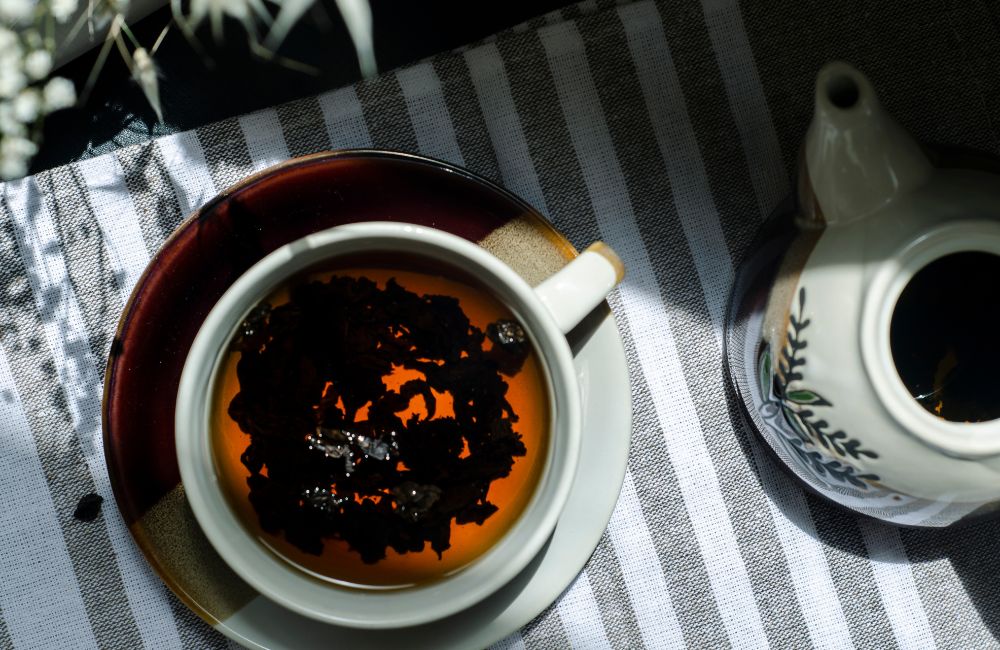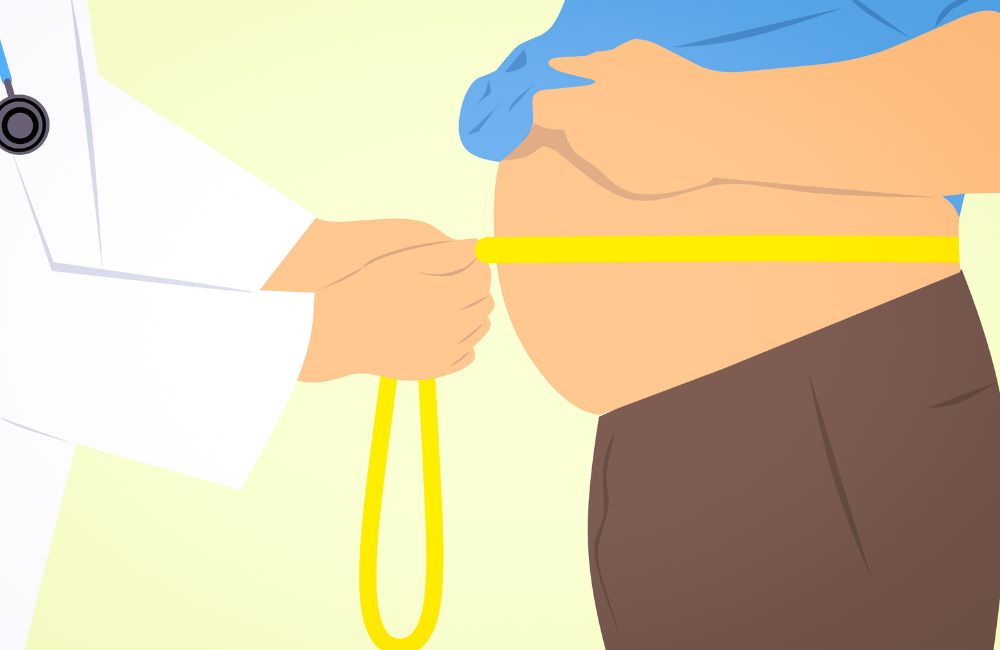
If you want to lose weight and slim down the healthy way, add these weight-loss teas to your daily rituals. Make them your go-to drinks and sip your way to a leaner and healthier body in no time.
Tea is one of the most popular beverages consumed around the world. It is actually the second most consumed beverage in the world, second only to water. For thousands of years, people have been drinking tea for its medicinal properties.
3 Best Teas You Should Drink for Weight Loss

Health Benefits of Tea
Drinking tea is associated with a vast number of health benefits. Studies show it is protective against cancer, heart disease, and neurological disorders.
Tea has been shown to have anti-diabetic, anti-aging, antioxidant, and anti-inflammatory properties (13).
Teas’ beneficial effects extend to metabolism, immune function, and other chronic diseases.
Research is ongoing to identify the different components of tea that exert these health benefits. Most of the health-promoting effects of tea are attributed to its powerful antioxidants.
Considering the health benefits of tea, you might be wondering if tea can help with weight loss. The answer is yes.
But of course weight loss involves a multi-pronged approach. Other healthy lifestyle habits are necessary as well. Including good eating habits, consistent daily exercise, quality sleep, and hydration.
3 Main Groups of Tea and Weight Loss
There are three main groups of teas: non-fermented (green tea), semi-fermented (oolong tea), and fully fermented (black tea).
All groups come from the same Camellia Sinensis plant but vary in processing techniques. It is the different techniques that result in variations of color, taste, and aroma.
These 3 groups can be further broken down into categories based on the degree of fermentation. But to keep things simple this article will focus on the 3 main types of tea for weight loss.
1. Oolong Tea

Oolong tea is a traditional Chinese tea with its own unique aroma and taste. Its rising popularity is largely due to its role in supporting weight loss.
Several possibilities exist to explain the effects of oolong tea on body weight. One explanation is its beneficial effect on metabolism by increasing fat oxidation.
This means that oolong tea helps the body use fat for fuel.
Another study showed that oolong tea decreased body weight and fat storage in mice.
This occurred despite being fed a high-fat diet. It is also reported that oolong tea increases fecal fat excretion.
2. Green Tea

Green tea is one of the most extensively studied beverages in the world. Its popularity is chiefly due to its beneficial effects on a wide variety of ailments. Especially for its effects on metabolism and weight.
Studies show that green tea can induce weight loss. As with oolong tea, scientists remain unclear on the mechanisms at play.
It’s possible that green tea may regulate appetite, resulting in a decreased food intake.
Other possibilities include green tea’s ability to increase carbohydrate and fat metabolism, decrease fat absorption and accumulation, and increase fat excretion.
3. Black Tea

When it comes to weight loss most people think of green tea. But research also supports the role of black tea in reducing body weight. Scientists propose two ways that black tea may fight obesity.
The first is by inhibiting fat digestion and absorption, thereby reducing calorie intake. The second is by promoting fat metabolism and decreasing fat accumulation.
Similar to oolong and green tea, there is also evidence that black tea increases fecal fat excretion.
How Much Tea to Drink
1 to 2 cups of tea daily is a reasonable goal to start with. Increase to 3 or 4 cups per day if desired.
Please note that tea contains caffeine, although not as much as a cup of coffee. But several cups of tea can add up. So if you are trying to limit caffeine, then you’ll need to limit your tea intake.
Drinking tea is generally safe. As always check with your doctor before introducing something new into your diet.
Especially if you are currently suffering from a heart, liver, kidney, or blood condition. Pregnant and lactating women should limit beverages that contain caffeine.
The tannins in tea can reduce iron absorption. So if you are deficient in iron, it’s best to drink tea separate from meals.
Experts advise against taking green tea extract-based dietary supplements. This could have toxic effects on the liver.
How Much Caffeine Is in Tea?
Green, black, and oolong teas are all made from the Camellia Sinensis plant. All teas made from this plant contain caffeine in varied amounts.
Black tea ranges from about 40 to 80 mg per cup. Both green tea and oolong tea range from about 30 to 50 mg per cup.
This is significantly less than coffee, which can range anywhere from 100 to 200 mg per cup.
If you are trying to avoid caffeine, there are a variety of herbal teas you can try. Herbal teas are not made from the Camellia Sinensis plant. Thus they are not considered true teas.
Instead, herbal teas are made from other plant parts, namely leaves, stems, roots, fruits, buds, and flowers. Popular herbal teas include chamomile, ginger, mint, and lemongrass. Check the label to make sure it says caffeine-free.
Summary
Tea is a popular beverage worldwide. Throughout history, tea has been used for its medicinal properties. Interest in tea has exploded due to its role in supporting weight loss and for its beneficial effects on metabolism.
There is no magic bullet when it comes to weight loss but drinking tea may help support your weight loss efforts. Especially if you substitute high-calorie, high-sugar beverages with unsweetened tea.
This reduction in overall calorie intake alone can lead to weight loss. Plus, as an added bonus, you get the added health-protective effects of tea.


